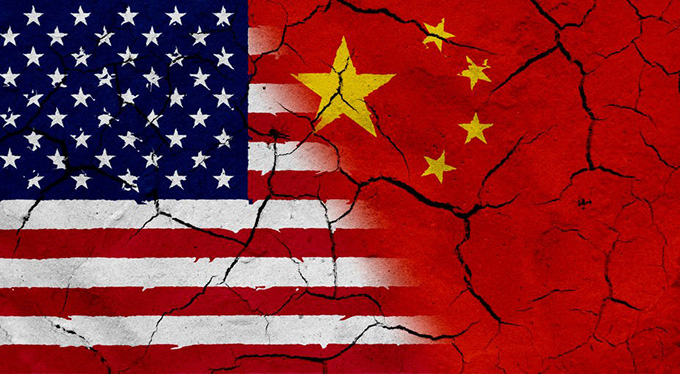
Some Chinese students studying STEM-related fields may not be staying in the U.S. as long as they’d planned. The Trump administration announced on May 29 that it may limit some graduate students’ visas to one year.
Many U.S. universities have looked to Chinese students to fill out their programs and revenues, so this has caused widespread concern in higher education.
This debate rests on concerns dating back to at least 2004, when China was first elevated to the Office of the United States Trade Representative’s Priority Watch List due to abuses of intellectual property. Since 2004, the USTR has issued reports documenting allegations of specific theft and costs to the U.S. up to US$600 billion per year.
The Chinese government under Xi Jinping has a clear and top-down “Made in China 2025” policy that calls for accelerating the percentage of Chinese-made and designed products in advanced IT, robotics, aerospace, power, biotech and other fields. This pressures Chinese firms, researchers and individuals to get up to speed fast and – in my view – gives them an incentive to copy.
International students as a percentage of university populations have been steadily rising since 2005. Chinese students make up more than 30 percent of the total. Foreign STEM graduate students make up between 50 and 80 percent. Limiting the numbers Chinese and other foreign students in itself, however, will not make up for a shortage of homegrown American STEM talent at the graduate level.
The Great Wall of China was notoriously ineffective in keeping out foreign invaders. Each outpost could be gotten around. A policy that seems targeted only toward Chinese citizens could deter many talented Chinese students from coming. Moreover, there is the risk of deterring students from other countries as well, leading to an overall drop in student enrollment. The Chinese media is already fighting back with cries of U.S. insecurity and intimidation.
Blanket policies, such as one-year visas, only serve to create a perception of xenophobia. I’m not clear on how limiting a visa to one year would affect those students who might be tempted to steal secrets, which can be done instantly via a flash drive.
The threat of intellectual property theft is real. An effective policy must focus first on clearly identifying sensitive areas of research, deciding what is private and public, and requiring clearances on a project-by-project basis. If certain technologies are funded by government agencies such as the National Science Foundation or the Department of Defense, it makes more sense for them to set the guidelines on security clearances. On the other hand, private companies funding university research, say in the “internet of things” for example, already have high incentives to protect their secrets. This would limit the number of individuals that need to be looked at and focus resources on quality rather than quantity of checks. Finally, as a more precise tool, it will leave less room for the kinds of backlash that will hurt broader U.S. interests among the nation’s universities and beyond.
Author Bio: Jack Marr is a Clinical Associate Professor of International Business at Boise State University
